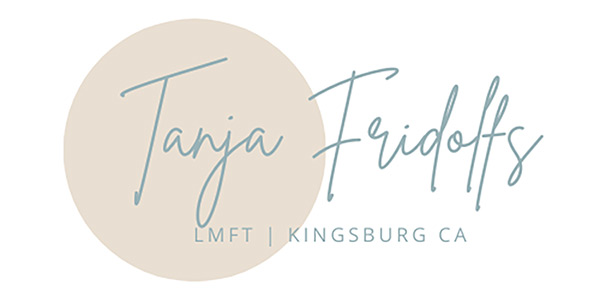Tossing and turning. Restlessness. Watching the clock. Frequent daytime naps. Counting sheep. Any of this sound familiar to you?
The Sleep Foundation reports that about 1 in 4 people experience chronic insomnia and almost every individual will experience sleeping problems at one point in their life.
On average, adults need 7-9 hours of sleep a night and children need anywhere from 8-13 hours depending on their age. However, most people do not get the recommended amount of sleep and this can greatly impact their day-to-day life.
WHAT HAPPENS WHEN WE DON’T GET ENOUGH SLEEP?
Sleep affects all other areas of life and a loss of sleep can greatly hinder our ability to function well. Loss of sleep can cause serious impairments to brain functioning and studies have reported that sleep deprivation can affect attention, memory, mood, and delay reactions. Persistent sleep deprivation is also linked to an increased susceptibility to medical conditions such as high blood pressure, heart disease, and poor mental health.
WHY CAN’T I SLEEP?
Lack of sleep can stem from two different sources. The first issue is that the brain is under-aroused. Those who fall asleep during meetings, take naps, wake up frustrated, or get teary-eyed more than others may have an under-aroused brain. These individuals may feel sleepy during the day but often struggle with staying asleep at night.
The second source of sleep problems stems from the overproduction of cognitive energy. This is also known as nervous energy and can affect that person’s ability to take breaks. Those who experience this may not be able to ration their energy. They may feel exhausted at the end of the day, but their brain does not allow them to rest. This can cause burnout resulting in a loss of motivation and increasing cynicism.
Neurofeedback for Sleep
During sleep, pathways form between nerve cells (neurons) in your brain that help you remember new information you’ve learned.
When you’re sleep-deprived, your brain can’t perform its duties as well. And no matter how much work you’ve put in while you were awake, much of the value can be lost.
One study found that neurofeedback therapy resulted in increased total sleep time, increased REM sleep, and decreased periods of waking after sleep onset. Thus neurofeedback appears to be beneficial in alleviating symptoms of sleep disorders.
Neurofeedback at Home
Being able to do neurofeedback at home, allows us to create protocols that train specifically for Delta and Theta brain waves while you are laying in bed, trying to go to sleep or right before you go to bed. Many of the protocols we use to train your brain waves during the day will help with sleep because they are regulating other areas of your brain. Now we can help your brain learn to fall asleep and stay asleep in a better way too.
If you are experiencing insomnia or other sleep issues, please give us a call at (559)-238-7464. Or contact us at https://tanjafridolfs.com/contact/




0 Comments